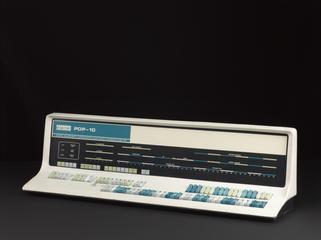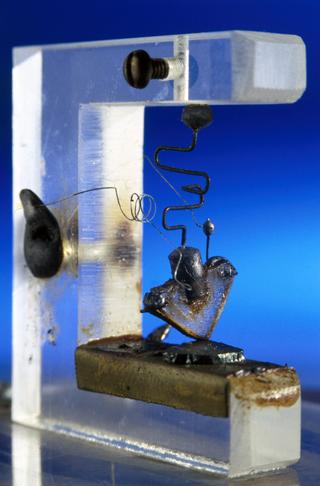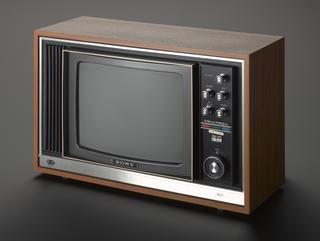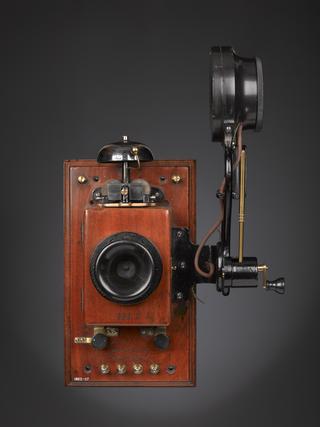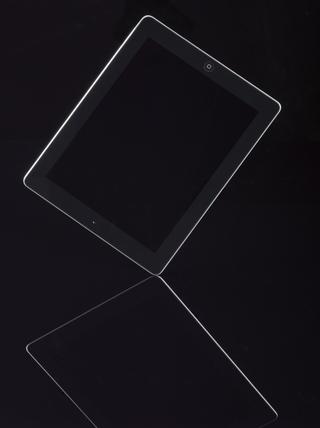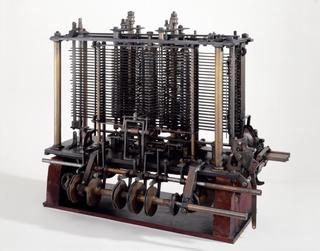
Apple Newton eMate 300 laptop, 1997
- Made:
- 1997 in unknown place
- maker:
- Apple Inc



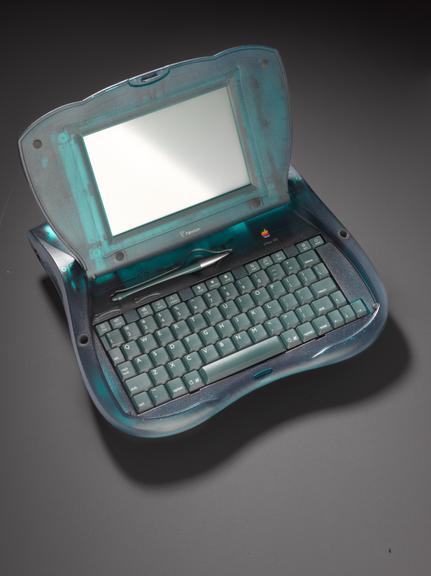
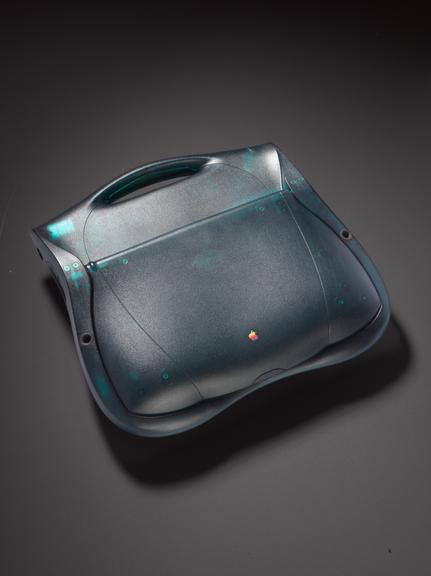
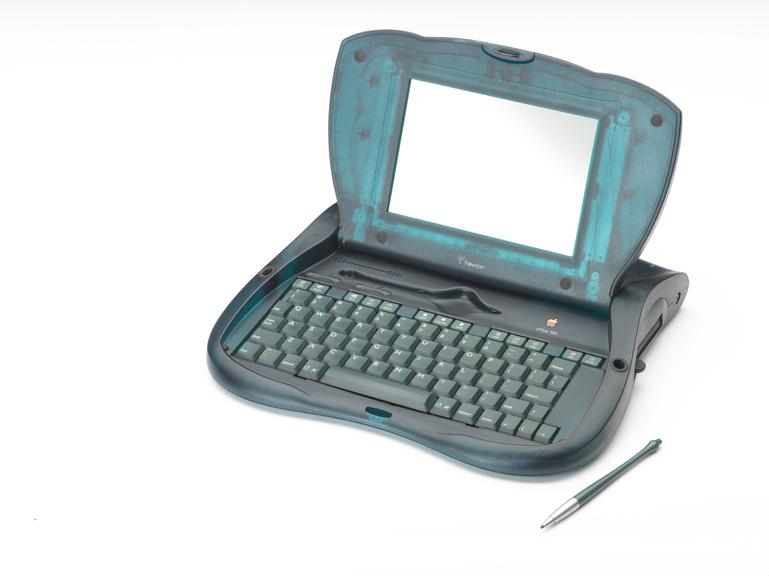
Apple Newton eMate 300 laptop, made by Apple Inc, 1997.
The Apple Newton eMate 300 was a laptop computer designed as a low-cost, educational computer for children. The eMate was built around the same technology as the Apple Newton MessagePad, the first personal digital assistant (PDA) to use the powerful yet efficient ARM microchip. The eMate was a very early touch-screen laptop that could also be used with a stylus. The computer featured a colourful, curvy, clam shell design intended to appeal to younger users, and was also designed to be hardwearing and rugged.
Details
- Category:
- Computing & Data Processing
- Object Number:
- 2005-712
- Materials:
- plastic (unidentified), metal (unknown) and electronic components
- Measurements:
-
overall: 53 mm x 305 mm x 290 mm, 1.8 kg
- type:
- personal computer
- credit:
- Donated by Professor Peter Cochrane
